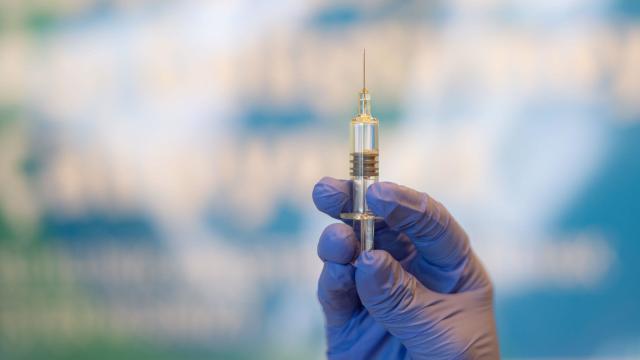As folks in the U.S. start to meander into flu season, Facebook decided that now’s the time to formally issue a “ban” on ads that discourage its users from getting vaccinated.
“The COVID-19 pandemic has highlighted the importance of preventive health behaviours,” the company said in a corporate blog post announcing the change. “While public health experts agree that we won’t have an approved and widely available COVID-19 vaccine for some time, there are steps that people can take to stay healthy and safe. That includes getting the seasonal flu vaccine.”
“Today, we’re launching a new global policy that prohibits ads discouraging people from getting vaccinated. We don’t want these ads on our platform,” Facebook added, noting that enforcement for this new mandate “will begin over the next few days.”
It’s worth noting this new ad edict is an expansion of the rules that the company instated for anti-vaxx content more than a year ago, when it announced that ads centered around vaccine misinformation would now be rejected on the spot, with repeat offenders potentially facing a ban of their advertiser accounts. Ostensibly, ads meant to convince Facebook users to not get vaccinated were somehow still slipping through the cracks — and have been, for the past year — despite the fact that falls squarely in the realm of the “vaccine misinformation” that the company was trying to quash out with its initial set of policies, which also included de-ranking groups and pages that “spread misinformation about vaccinations” to limit their reach.
Not helping Facebook’s case is the company’s clarification that ads advocating “for or against legislation or government policies around vaccines–including a COVID-19 vaccine–are still allowed,” as long as the advertiser in question gets authorised by Facebook to run politically-focused ads, and the ad itself includes a disclosure noting which page paid for the ad in question. It’s a loophole that might keep lawmakers happy, particularly those that are in the business of proposing anti-vaxx bills. But it’s also a loophole that severely undercuts the efficacy of Facebook’s stated pro-vaccination stance, particularly since an ad that undermines the efficacy of vaccines is, well, an ad that undermines the efficacy of vaccines.
Meanwhile, folks who study the anti-vaxx space will tell you, mandating that an ad disclose the page that’s backing and mandating that an ad disclose its actual funders are two very different things. Not too long after Facebook dropped its rules surrounding anti-vaxxs ads last year, a team of researchers published a piece detailing how more than half of the platform’s ads on the topic were bought out by two organisations — Stop Mandatory Vaccination and The World Mercury Project — that decimated their presence across dozens of pages. These pages — which on their face, appeared to be grass-roots efforts spearheaded by local parental groups, rather than Robert F. Kennedy Jr. — ended up buying out roughly 54% of the anti-vaxx ad space on Facebook.
In short: This ad update reads like one that’s supposed to get us to put more trust in the platform — a move that might help Mark Zuckerberg and Co. weather the scrutiny currently being lumped on by federal regulators. But instead of amassing trust, it really only illuminates what makes Facebook such a broken platform to begin with: even when it redefines what constitutes an “anti-vaxx message,” the result is still a definition that’s too narrow to stomp out any ads of substance. And because the platform’s already proven to be struggling with ads housing misinformation about the current pandemic, you have to wonder if this update will change anything on the platform at all.
